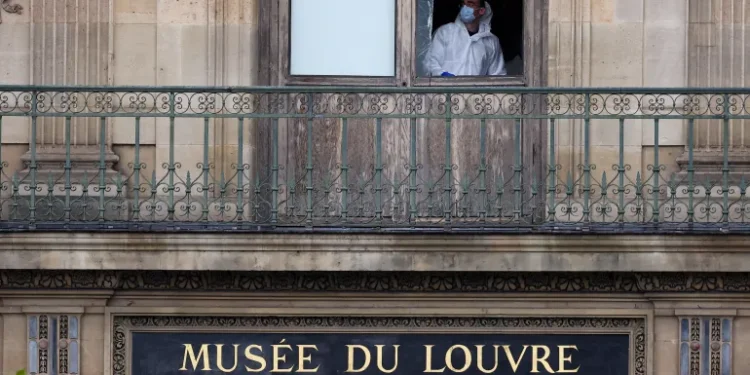For decades, the record labels were the gatekeepers to a music career: A&R discovery, studio budgets, radio play, shelf space, and publicity.
Today, the music ecosystem has shifted. Streaming platforms, direct-to-fan tools, affordable production, and new licensing channels have given artists unprecedented ways to build audiences and earn income without signing away rights or creative freedom.
That doesn’t mean labels are obsolete—labels still accelerate careers—but they are not the universal solution they once seemed to be. Each artist should weigh the trade-offs deliberately rather than assuming a label is the only path to success.
Ghana’s music duo DopeNation believes record labels can be game-changers, yet they’re not a one-size-fits-all solution to stardom.
While labels support artists financially and help them reach broader audiences, it also depends greatly on how well the musicians understand the business and whether they are ready to commit to the company’s demands.
The identical twin brothers Michael Boafo (B2) and Tony Boafo (Twist), who make up DopeNation, highlighted the advantages and disadvantages of signing with record labels.
The duo, once signed on to Lynx Entertainment but now independent, admitted record labels can offer serious perks, but they come with strings attached.
“Record labels can be useful, no doubt about that. But they are not for every artist. They can provide crucial support, such as financial backing, marketing assistance, and exposure to larger audiences, among others.”
DopeNation

However, they warned that entering into a contract with a label comes with obligations too.
“Signing with a label comes with adhering to contractual commitments such as strict deadlines, creative directives, profit-sharing arrangements, etc. Record labels aren’t evil, just that they’re not for everyone. Artists must fully understand these commitments before deciding to work with them. The important thing is knowing the game—before the game plays you.”
DopeNation
Labels provide advances, larger recording and marketing budgets, and distribution muscle—but those advances are typically recoupable. Many artists discover that advances, manufacturing, video costs, and promotion are recouped first, leaving limited royalty income for years.
Additionally, accounting from labels is opaque to artists without strong legal and financial representation. Streaming economics often mean low per-stream payouts; when a label takes its share plus expenses, the artist’s cut is small.
For artists already building an audience independently, the extra revenue a label delivers does not justify the surrender of a large percentage of earnings.
Record label deals come in many shapes: traditional royalty deals, 360 deals (where labels take a share of touring, merchandising, and publishing), licensing deals, distribution-only agreements, and joint ventures.
Many artists sign without fully understanding duration clauses, territory definitions, reversion terms for masters, or the implications of 360 provisions.
Long-term or exclusive deals lock artists into arrangements that limit future options. Because of this complexity, artists without experienced legal counsel are vulnerable to agreements that benefit the label far more than the artist.
Viable Alternatives to Record Labels

Technology and services now offer credible alternatives to full-label deals.
Distribution platforms (DistroKid, CD Baby, etc.) and label services let artists get on streaming services and storefronts while keeping ownership.
Bandcamp, Patreon, and direct merch/ticket sales let artistes monetize a devoted fanbase more effectively per sale.
Licensing or single-release deals allow artists to partner with labels on a per-project basis without full commitment, and collaboration with indie labels or co-release deals provides curation and community advantages without the heavy-handed control of majors.
A label is the right choice in circumstances such as: an artist needs substantial up-front funding for a globally competitive rollout; the artist’s goal is mainstream chart success requiring radio and playlisting muscle; the label offers an attractive deal that preserves masters and provides transparency; or the team brings specific expertise, network and strategic value that the artiste cannot replicate independently.
Successful label partnerships are typically negotiated from a position of clarity about goals, contract terms that protect the artist, and professional legal counsel.
Record labels remain powerful accelerants for the right artist under the right terms. But they are not a universal good.
For many artists today, the ability to maintain ownership, build a direct relationship with fans, and choose flexible commercial arrangements outweighs the traditional advantages labels offer.
The modern artist’s task is to choose a path—independent, label-backed, or hybrid—that aligns with artistic priorities and financial goals, and to negotiate agreements that preserve both creative freedom and fair economics.
In short, a label is a tool, but it should not be treated as the only road to a meaningful career in music.
READ ALSO: Ghana–Japan Deepen Partnership in Cocoa, Infrastructure Development























